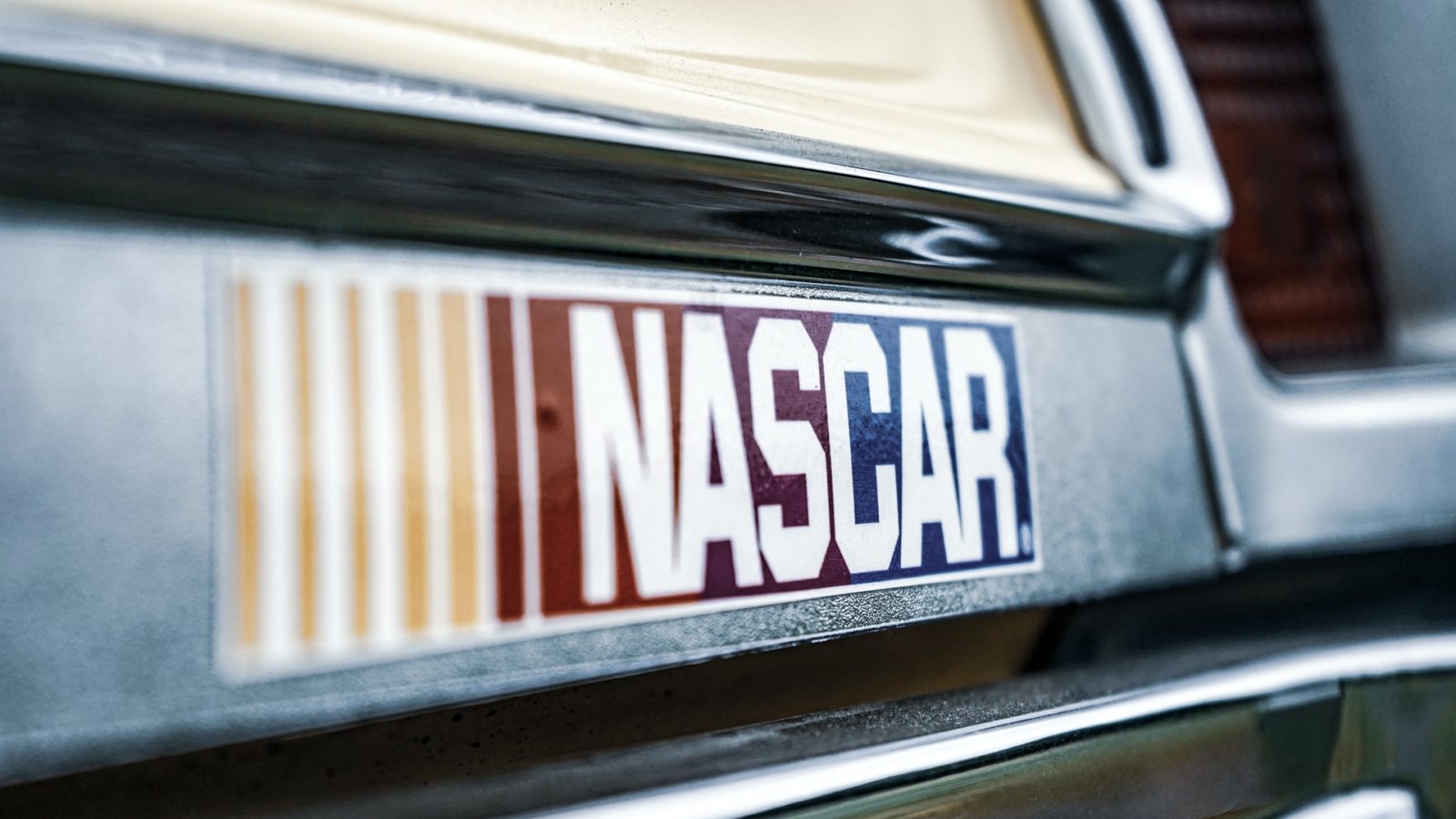NASCAR Disputes Tax Claim by State of Ohio
January 11, 2022
written on behalf of Feigenbaum Law
One of the most important considerations for businesses that carry on commercial activities in multiple jurisdictions is to ensure they are in compliance with their tax obligations in each jurisdiction. Each state and province in the United States and Canada has its own tax system. It might be natural to assume that smaller businesses are more likely to run afoul of tax agencies, but as we see in a recent decision from the Ohio Board of Tax Appeals, as well as an appeal filed to the Supreme Court of Ohio, even large companies can find themselves at odds with government agencies over tax issues. In today’s blog, we look at how car racing giant NASCAR found itself defending a tax bill of over $500,000 from the State of Ohio.
Ohio Tax Commissioner sought to collect tax from NASCAR for several types of revenue
Like any state or province, Ohio looks to collect tax on business activities carried on in the state. NASCAR Holdings, Inc. (“NASCAR”) is an extremely well-known company based out of Florida that operates automobile races across the United States and other countries. In addition to holding races, it also licenses the brand for commercial products and television broadcasts of its races.
In 2012, Ohio’s Tax Commissioner (“the Commissioner”) determined that NASCAR had not paid enough commercial activities tax (“CAT”) in the state from 2005 to 2010. While NASCAR does indeed hold races in Ohio, the taxes the Commissioner was looking to collect did not stem from revenue collected at races. Instead, the Commissioner determined that seven other categories of revenue, including broadcast revenue, media revenue, and sponsorship fees, were subject to tax.
Commissioner used television ratings as basis for tax on television revenue
The Commissioner recognized that the sources of revenue it sought to collect tax from took place both within and outside of Ohio. For the issue of television revenue, the Commissioner used television ratings from within the state to determine what portion of total viewership took place in Ohio.
NASCAR’s position was that the only business it conducted in the state was a half-dozen or so races it held there over the period in question. Regarding television revenue, NASCAR stated that it does not broadcast its races. Instead, it licenses the rights to television broadcasters, which in turn air the races across the state.
Ultimately, the Commissioner issued NASCAR a tax bill totalling $549,520, including penalties and interest. NASCAR appealed the bill to the Tax Appeal Board.
Tax Appeal Board found Ohio entitled to tax on NASCAR’s use of intellectual property within the state
The Tax Appeal Board looked at the state’s tax code as it applies to the types of revenue in question. The Board found that the state is entitled to collect tax on revenue relating to the use of “trademarks, trade names, patents, copyrights, and similar intellectual property” within Ohio.
NASCAR argued it licensed its television rights for a geographic footprint much larger than Ohio, and not just within the state. The Commissioner countered that since Ohio is within the geographic area licensed, it is entitled to tax revenue. The Board sided with the Commissioner and denied NASCAR’s appeal.
NASCAR plans appeal to Ohio’s Supreme Court
NASCAR has filed a further appeal to the Ohio Supreme Court. One of the arguments at the heart of their appeal attempts to liken the selling of broadcast rights to a more tangible product, such as a car. NASCAR said that if it sold a car to a purchaser in Indiana, who then sold it to a purchaser in Ohio, NASCAR would not owe tax in Ohio.
Similarly, NASCAR states that the revenue it collected from the licensing of its races took place in New York, Georgia, and Maryland, with one-time flat fees being paid to it in Florida. It also has alleged that the Tax Commissioner’s method of calculating broadcast taxes is inaccurate and based on unofficial data sources. NASCAR has taken the position that the Commissioner should have used information from the licensees of the races rather than what NASCAR alleges are questionable resources.
Finally, NASCAR’s appeal arguments warn of the impact that the decision could have on content creators, arguing the CAT would apply to any content creator located anywhere in the world, simply because someone in Ohio was able to view the content they created.
The Commissioner has yet to file a response to NASCAR’s appeal, but we will continue to follow any further developments and decisions in this case.
Feigenbaum Law Helps Clients with Cross-Jurisdictional Operations Avoid Tax Pitfalls
No matter how the issue between NASCAR and the State of Ohio ends up, the case serves as an important reminder that businesses who operate in different jurisdictions can find themselves in troubling tax situations. That’s why it’s critical to work with experienced lawyers, such as the team at Feigenbaum Law, to ensure your organization has appropriate corporate tax planning and compliance measures in place.
The business tax team at Feigenbaum Law works with our clients to help them make informed choices with the goal of lowering their overall tax burden while also ensuring they are compliant in any jurisdiction across Canada or the United States. We recognize how costly it is for a business to incur unnecessary taxes and the penalties that can come with failing to abide by tax laws. Please reach out to our team online or by phone at 877-275-4792 to learn how we can help you or your organization.





